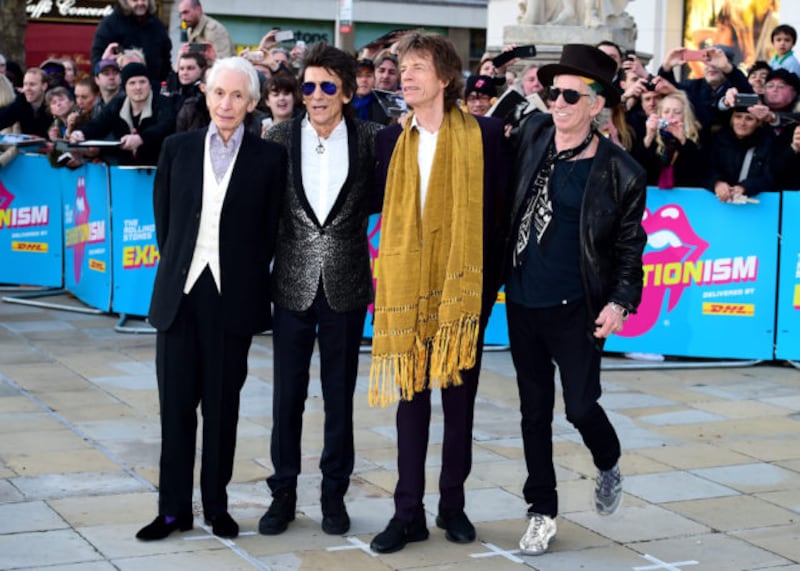Sir Mick Jagger described the “surreal moment” he was unexpectedly arrested for a minor drug offence in 1967 as he told how his fame with The Rolling Stones made him a “good target” for authorities.
The 73-year-old singer faced a three-month prison sentence after he was reportedly found with amphetamine tablets when police descended on a party he was attending with a number of stars at band mate Keith Richards’ Redlands property.
1972, shot by Ethan Russell. pic.twitter.com/qB1eqkGRP5
— Mick Jagger (@MickJagger) June 27, 2017
But the penalty was quashed when the judgment caused public outrage and prompted The Times newspaper then editor William Rees-Mogg to write in his defence, claiming that the star was being treated unfairly because of his public profile.
Half a century later, Sir Mick told the same newspaper: “The Stones were good targets. We made good copy.
“It was the idea of degenerative moral standards. They (the establishment) were looking for scapegoats for some sort of generational lifestyle thing.”
Describing Mr Rees-Mogg’s editorial – which was delivered to him through the bars of his Brixton prison cell – he added: “That editorial got me out jail. One day it dropped, and the next thing I was out.”
Streets of São Paulo pic.twitter.com/cNqOHmD1f8
— Mick Jagger (@MickJagger) May 22, 2017
The famous Sussex party was publicised at the time as a debauched and drug-fuelled celebrity bash, but Sir Mick said: “It was a surreal moment.
“A rather ordinary nice English farmhouse and a lot of young people enjoying themselves in a sort of normal way without causing anybody any trouble, and suddenly 20 policemen barged in.
“Of course the press were wanting to sensationalise it, to make it sound like there was some sort of orgy going on.”
The father-of-eight attributed his release to the influential media coverage and said that the only modern equivalent would be a “mass onslaught of social media”.

A key figure in the rock revolution of the generation, Sir Mick explained how he and his musical contemporaries had been treated more severely because they represented a threat to the morals of society.
Mr Rees-Mogg’s words, he said, essentially told the establishment: “Come on guys, this is just not English fair play kind of thing.”
He added: “There was such a sea change in society in every way, but not only in the arts, in philosophy, everything, ways of behaving.”








